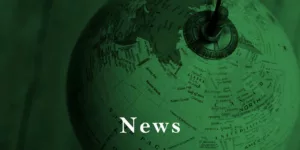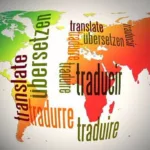Ten years ago, Oracle sued Google on what it considers a copyright violation of its application-programming interfaces. At that time, Oracle accused Google of illegally using parts of its Java code in creating Google’s Android software. The decade-long legal face-off is expected to end on Wednesday before the U.S. Supreme Court where oral arguments will be heard about whether copyright can be applied in existing software interfaces when used to build new computer programs and if Oracle is entitled to a piece of Android.
ARS Technica: The Supreme Court will hear oral arguments in Oracle v. Google, a landmark case that considers whether application-programming interfaces can be protected by copyright

ARS Technica reports that On Wednesday, the Supreme Court will hear oral arguments in one of the decade’s most significant software copyright decisions: the 2018 ruling by an appeals court that Google infringed Oracle’s copyrights when Google created an independent implementation of the Java programming language.
An application-programming interface is the glue that holds complex software systems together. Until 2014, it was widely assumed that no one could use copyright law to restrict APIs’ use—a view that promoted software interoperability.
The Verge: For Oracle and Google, the lawsuit is about whether Oracle — which owns Java Standard Edition — is now entitled to a piece of Android, to the tune of billions of dollars

Ten years after Oracle first sued Google over the code in the Android platform, the two tech giants are finally facing off in the Supreme Court, according to The Verge. Since then, there have been three trials and two appeals. All this may be coming to an anticlimactic close on Wednesday morning, with a teleconference Supreme Court oral argument in the middle of a pandemic.
When Google first developed Android, it decided to make the mobile platform compatible with Java.
For Oracle and Google, the lawsuit is about whether Oracle — which owns Java Standard Edition — is now entitled to a piece of Android, to the tune of billions of dollars. For everyone else, the lawsuit is about whether language compatibility is tantamount to copyright infringement.








